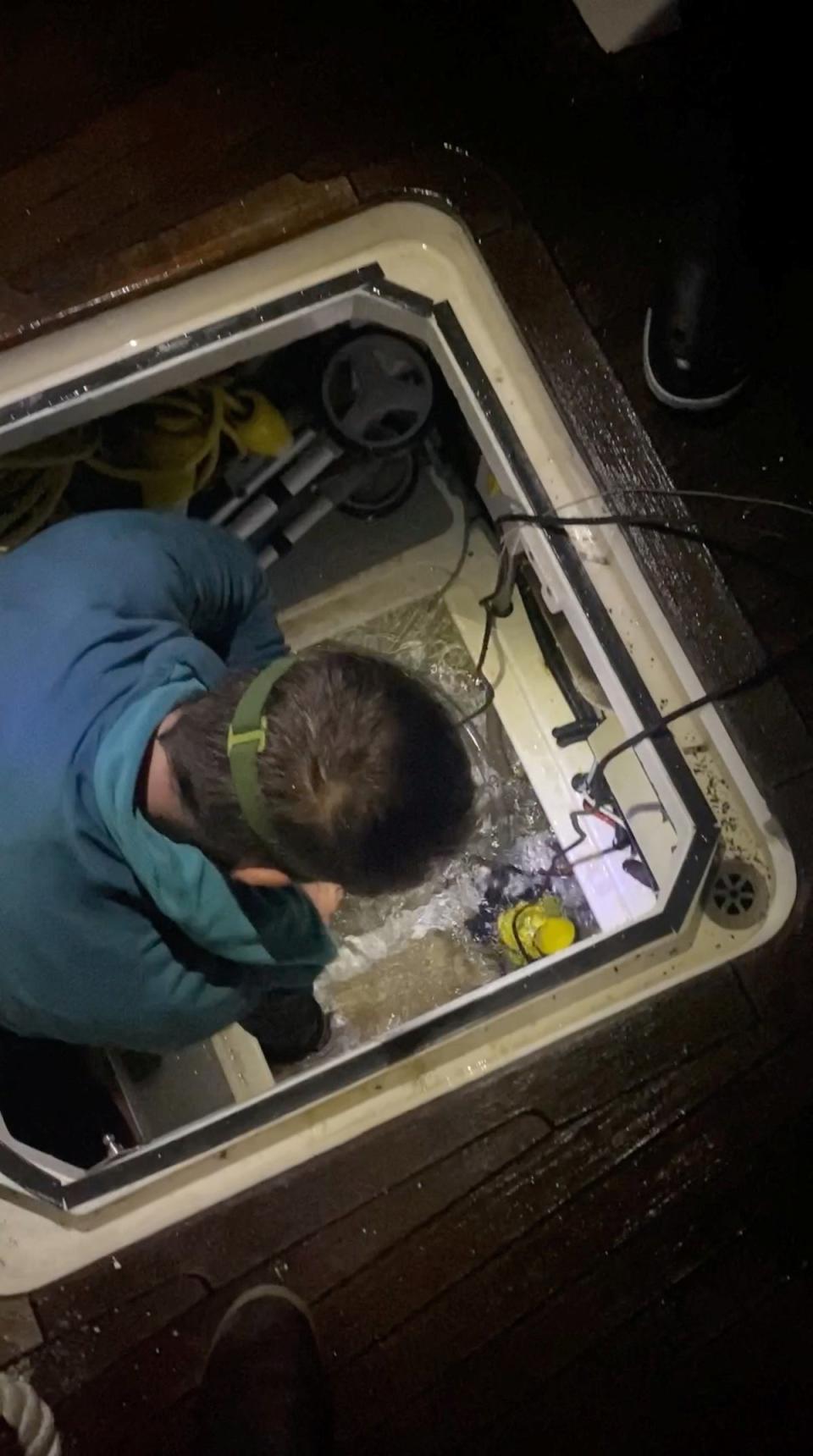Killer whale threw British sailor’s yacht around ‘like rag doll’ in latest attack
A sailor has told how his yacht was thrown around like a “rag doll” by killer whales near Gibraltar in the latest in a growing number of orca attacks on boats.
Iain Hamilton, 60, said he was left marooned for a few days after a pod of five whales attacked his boat, the Butey of Clyde, while he was sailing 20 miles off the coast of the British territory.
He said his boat was wrecked by the mammals as they tore off its rudders.
“I noticed a fin then noticed a light bump and then a very big bump and looked round and there was a very large whale pushing along the back and trying to bite the rudder,” he told BBC Radio 4.
“To begin with there was one big whale and four smaller whales and they were just bumping it and bumping it and then one of them managed to take off one of the rudders - the boat has two.
“Then we lost the second rudder so we had no mechanism of steering the boat and the whales were in charge of the boat and they pushed us around like a rag doll,” he added.
Marine experts hope that by tracking killer whales with tags they can prevent future attacks, the scale of which Mr Hamilton said was “way larger” than people realised.
Last month sailors in the straits of Gibraltar were warned to protect themselves against the growing number of orca attacks.
More than 250 boats have been damaged, with three sunk, since the attacks off the coast of Spain and Portugal were first reported in 2020.
Fifteen of the region’s 35 killer whales are said to be responsible - but it is thought a female orca called White Gladis was the one to “teach” others to attack the passing vessels after she collided with a boat.
Orca attacks can last for over an hour and generally involve the orcas headbutting a vessel’s rudder until it is destroyed.

However, sprinkling five to eight kilograms of sand in the water around the rudder confuses the animal’s sonar, said the Cruising Association, adding the crew should bang pots and pans on deck at the same time.
There have been 20 incidents this month alone between the highly social apex predators and small vessels sailing in the Strait of Gibraltar, according to the Atlantic Orca Working Group (GTOA), with dozens of orca attacks on ships recorded on Spanish and Portuguese coasts this year.
Most interactions have been harmless, with orcas only touching an estimated one in every 100 boats passing through the area, according to biologist Alfredo Lopez Fernandez, of the GTOA and University of Aveiro, who said that three vessels have sunk so far.
Experts believe White Gladis may have suffered a “critical moment of agony”, such as colliding with a boat or becoming entrapped during illegal fishing, which altered her behaviour in a “defensive” fashion.
“That traumatised orca is the one that started this behaviour of physical contact with boats,” Dr Lopez Fernandez told Live Science.
“We do not interpret that the orcas are teaching the young, although the behaviour has spread to the young vertically, simply by imitation, and later horizontally among them, because they consider it something important in their lives,” he said.

